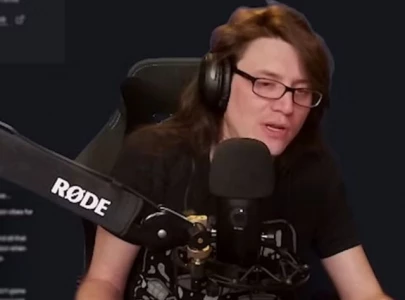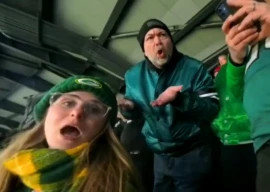
“You can write a ‘b’ for a ‘d’ till age seven and not be dyslexic,” she said. “Dyslexia needs to be diagnosed with proper screening.”
READ is an institute established by Shad Moarif who’s an educational psychologist from Harvard University, and it helps children with a specific learning and comprehension difficulty known as dyslexia.
“When children come to our institute, we first screen them for dyslexia and then assign one teacher to each student,” Qaiser elaborated while talking about her institute. “Lessons are tailored according to the need of the child.”
When asked about dealing with slow learners, she commented that READ does not deal with slow learners. “Slow learners fall into a different category. Dyslexic children are not slow; they are very intelligent.”
She also said that some dyslexic children might have short-term memory loss or attention problems.

1736942026-0/fizza-(33)1736942026-0-165x106.webp)


1736941045-0/fizza-(32)1736941045-0-165x106.webp)





1736942257-0/Tribune-N-(5)1736942257-0-270x192.webp)
1732012115-0/Untitled-design-(14)1732012115-0-270x192.webp)
1736844405-0/Express-Tribune-(2)1736844405-0-270x192.webp)










COMMENTS (1)
Comments are moderated and generally will be posted if they are on-topic and not abusive.
For more information, please see our Comments FAQ